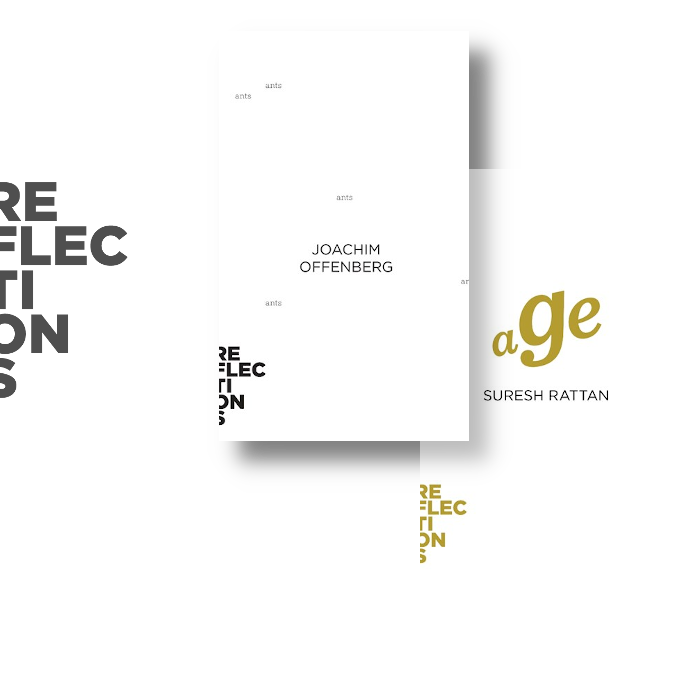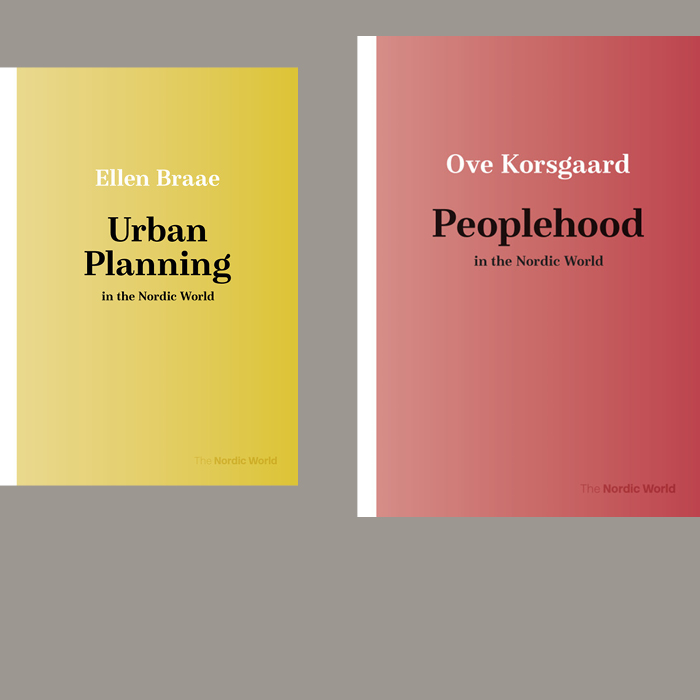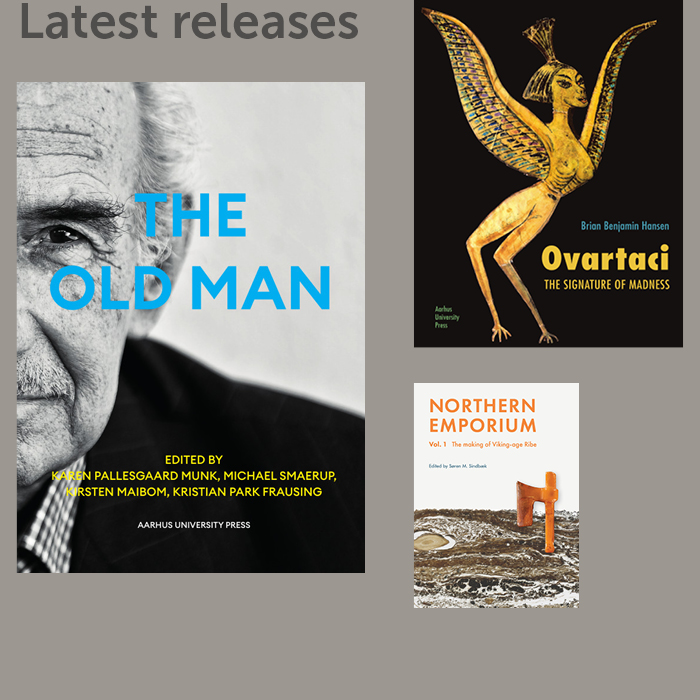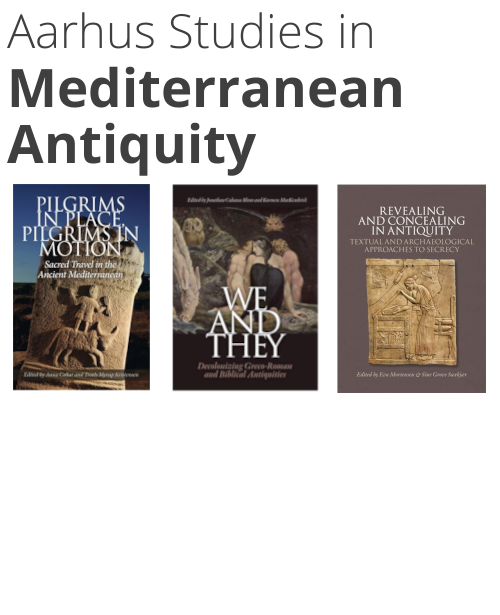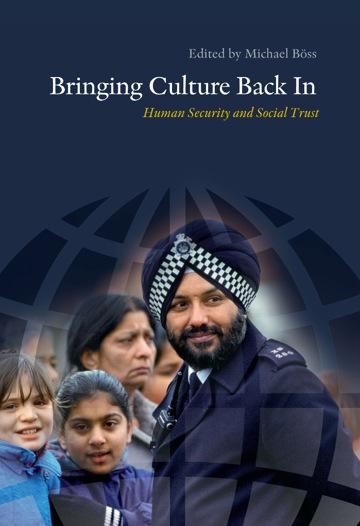
Bringing Culture Back In
Human Security and Social Trust
A part of the subject area Social sciences
Out of stock
Edited by
Michael Böss
With contributions by
Jørn Borup,
Michael Böss,
Marianne Qvortrup Fibiger,
Antje Gimmler,
Nils Holtug,
John Hutchinson,
Ronald Inglehart,
Donald Ipperciel,
Will Kymlicka,
Niels Kærgård,
Lane Jan-Erik,
Pippa Norris,
Georg Sørensen,
Frederik Stjernfelt,
Margit Warburg and
Uwe Wagschal
More about the book
About the book
Economists used to claim that material self-interest and the rational choices of the individual were universal factors that transcended cultural values and differences. This position has been challenged by critics, who have pointed out the methodological and philosophical weaknesses of this approach. They dispute the idea that social order can be explained as the product of the choices of individual agents, and that social agents operate independently of their social and cultural values and norms. Today, there is virtual agreement, not only among students of culture, but also among social scientists that "culture counts" in both politics and society as well as in international relations. In this book, a number of international political scientists, economists, philosophers, and humanist scholars address the role of culture, ethnicity, and religion in contemporary states and societies.
For purchases outside of Denmark:
If you are located in the USA or Canada, please contact our US distributor, Longleaf Services, at orders@longleafservices.org or +1 919-503-6590.
For purchases in all other countries, you can find the title through our global distributor, The Mare Nostrum Group, here: https://mngbookshop.co.uk
Table of contents
PART 1. CULTURE AND COMMUNITY
PART 2. CULTURE, CONFLICT, AND WORLD ORDER
PART 3. DIVERSITY AND THE NATION STATE
